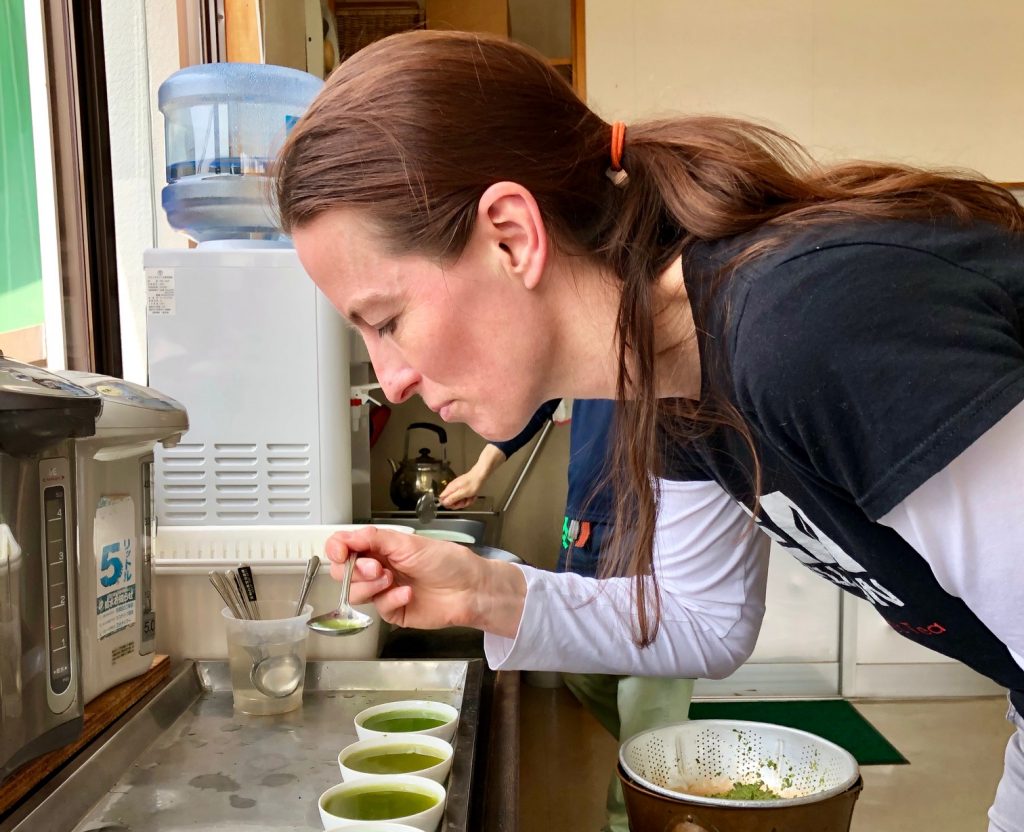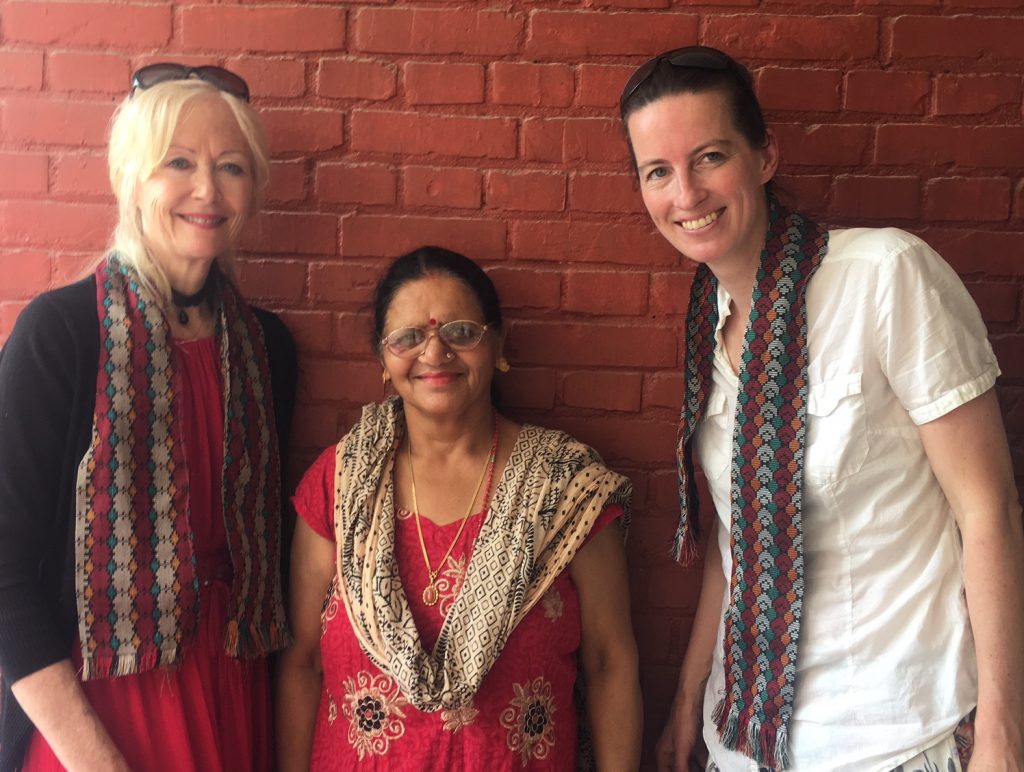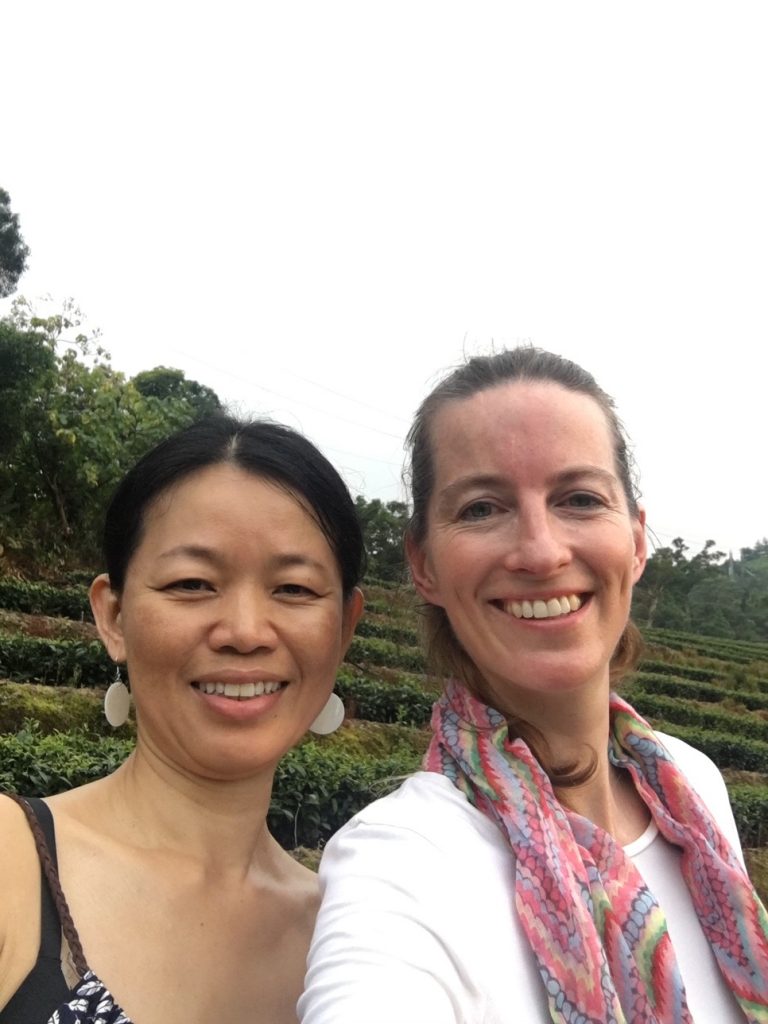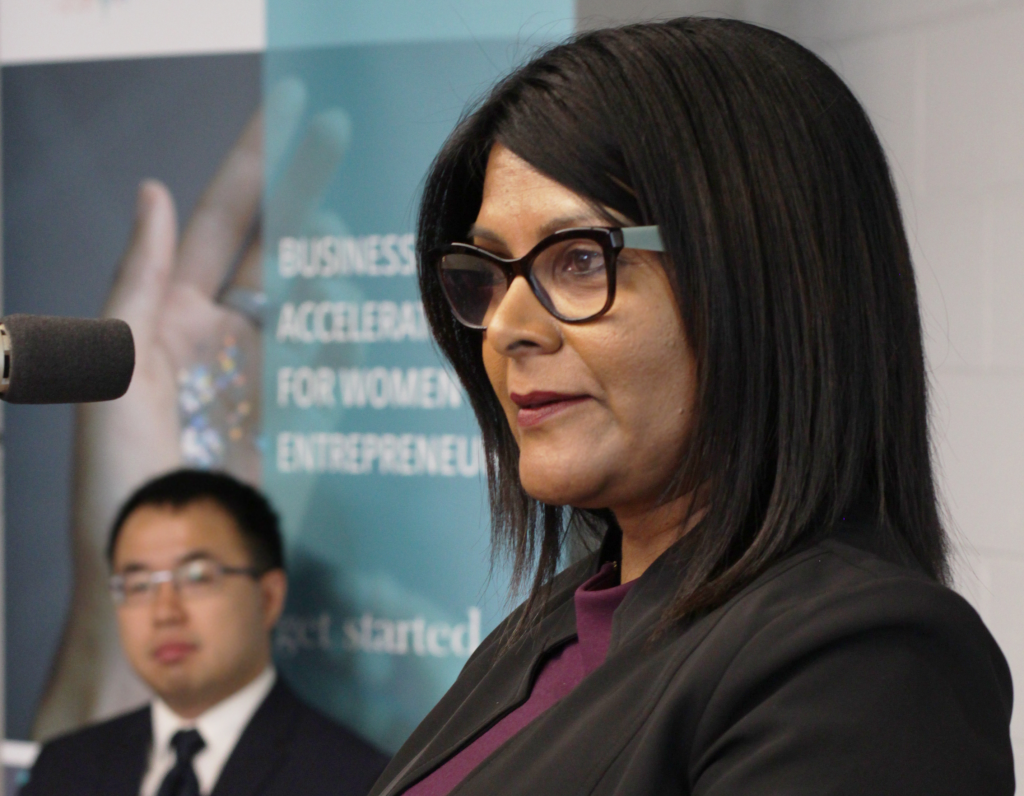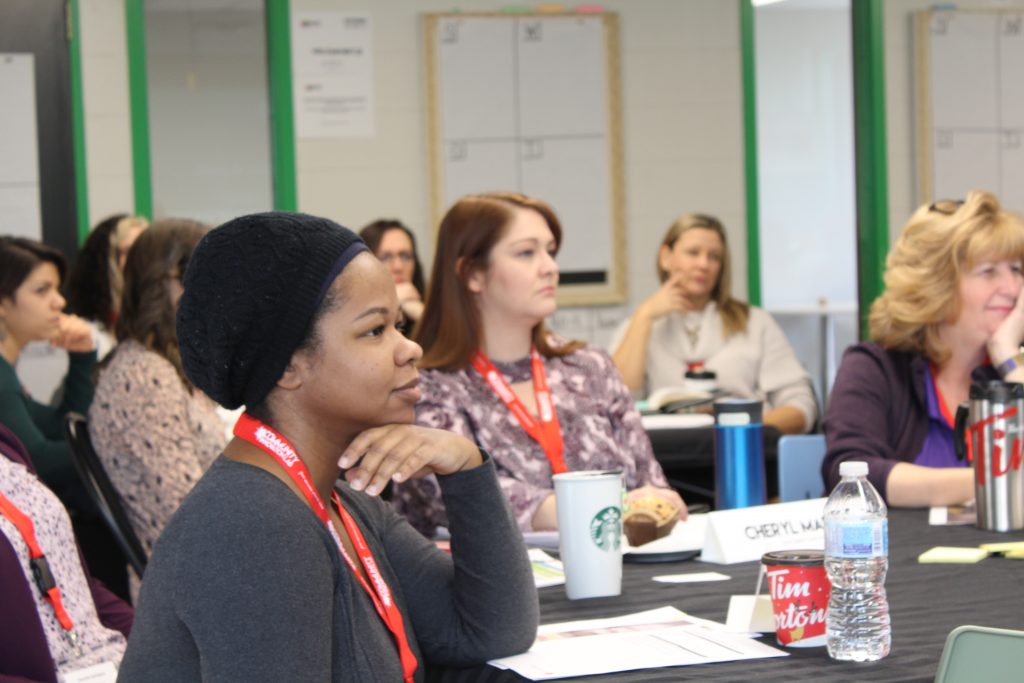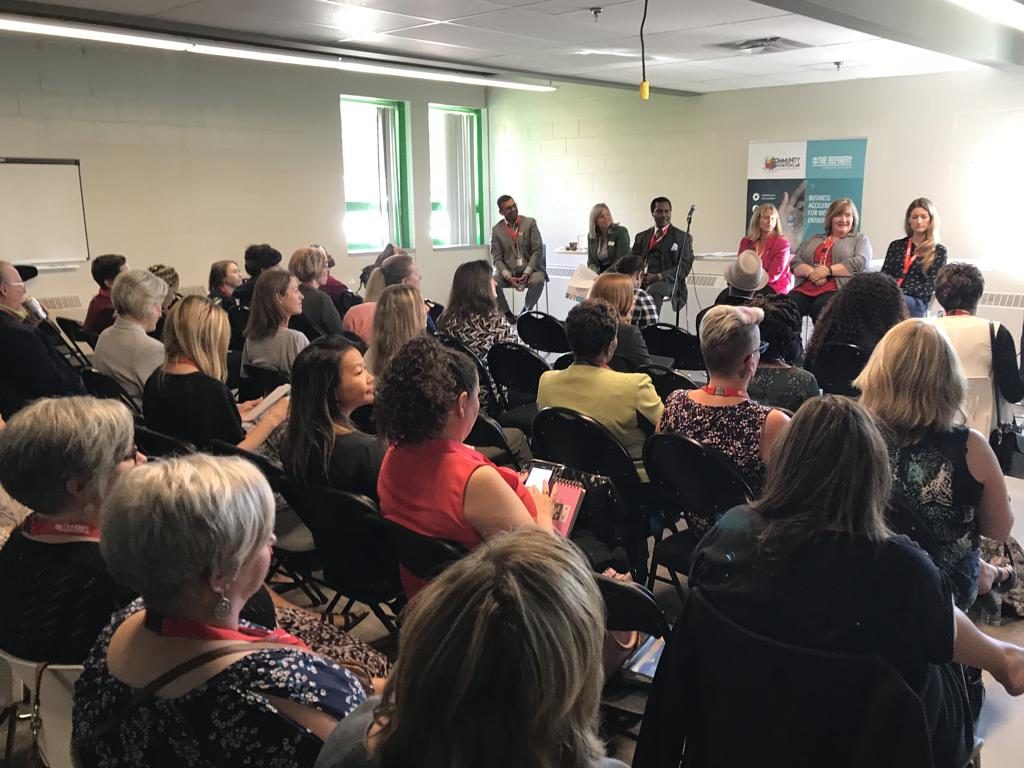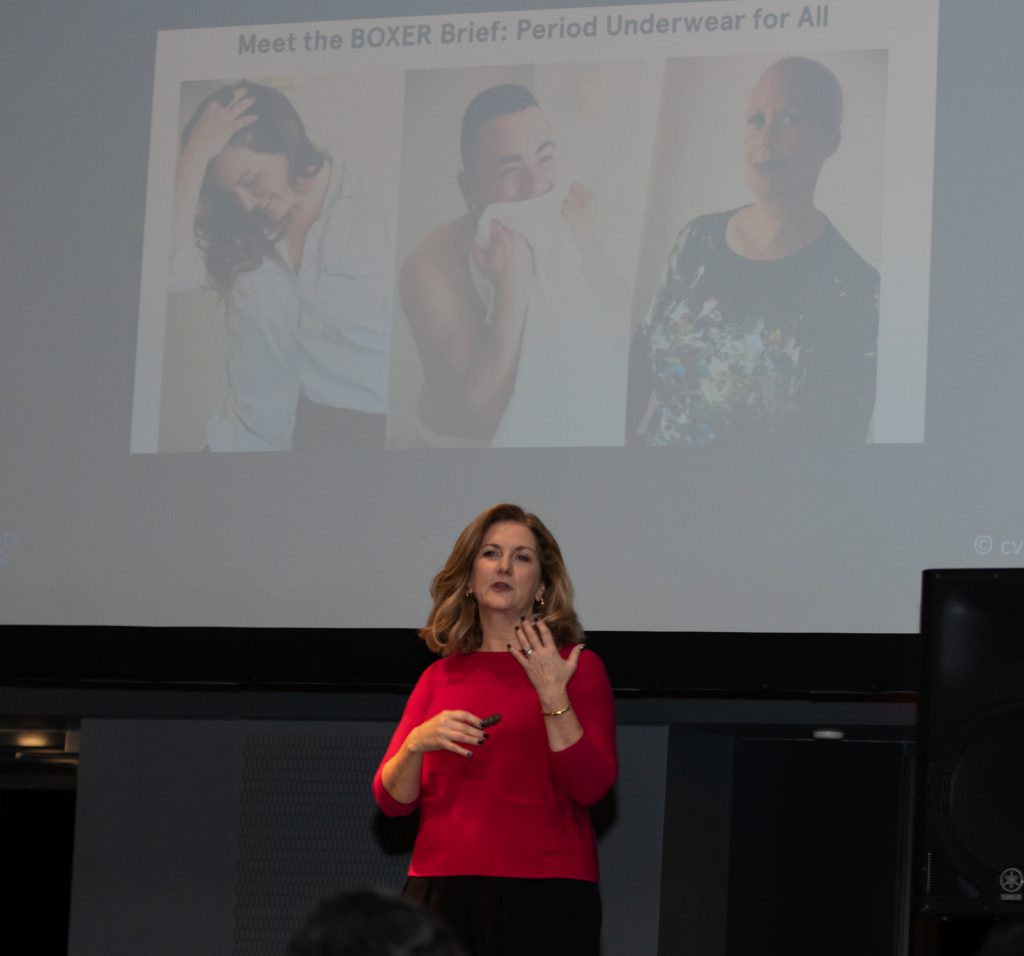
How do you create inclusive communities through innovation? That question brought together more than 500 leaders from across Canada’s social innovation landscape for the Econous 2019 conference in September. Guided by Indigenous advisors, organizers asked eight members of a Witness Panel to share their personal thoughts (not through the lens of the organizations they work for) on what they had taken away by participating in the event.
Kosisochukwu Nnebe, a Nigerian-Canadian policy analyst and visual artist, had this to say:
My name is Kosisochukwu, which means “as it pleases God” in Igbo. I start with this because every name comes with its own story, and it is my way of grounding what I say next in my positionality as a young Black woman born in Nigeria and raised in Gatineau, Que. It’s taken me many years to love my name and cherish what it says about me and my heritage. It is one element of my bundle—an Indigenous term, as I’ve learned, that refers to sacred items such as feathers and plants, as well as to the collective and personal knowledge that we hold, and the gifts that we come into this world with.
As witnesses [at Econous 2019], we were invited to think about leveraging our own unique bundles to assess and filter what we would be learning throughout the conference. As witnesses, our role was to use our own personal lived experiences as a lens through which to understand and then communicate our learning.
Thinking through the last couple days, two ideas have remained with me constantly: the importance and power of language, and the idea of practice as something that is not linear, but encapsulates past, present, and future. Both concepts are intricately linked and, when harnessed, can help us move towards a more inclusive vision of a social economy that collapses both time and space, in terms of bringing together generations of knowledge that is both rooted in local places but also connected to people and regions across oceans.
I’m quite new to the field of social innovation and social finance, and have often found the terminology heavy on my tongue, filling my mouth with words that seem foreign and abstract, until explained in more accessible terms and applied to more relevant contexts.
How many of you are familiar with the legend of the Tower of Babel? In it, humankind attempts to come together to build a tower to reach the heavens, but is unable to do so because what used to be one universal language becomes mutually incomprehensible dialects. In our context, it is not only language that has the potential to divide us, but also these silos that represent different sectors, different organizational types, and different forms of knowledge production (be it institutional knowledge production within universities or knowledge that is derived from being in community or on the land).
Fundamentally, however, we’re all working towards the same thing, all trying to erect the same tower that will help us generate wealth for all our communities in ways that are socially, economically, and environmentally sustainable. This gathering and the conversations that have taken place are a safeguard against a similar fate (of Babel), and a way of ensuring that we can all collectively contribute to building that tower. It is by coming together to share our journeys and the best practices and lessons learned that we can begin to see and understand the interconnected nature of the greater ecosystem that we are all working within. We all come to this work with our unique bundles—be it skill sets, perspectives, resources, responsibilities and capabilities—and we all contribute towards a common vision, even though we may describe it and name it in different ways.
As I heard yesterday, friendship centres and Indigenous folks have been doing the work of social innovation for years, decades, centuries, even before that since time immemorial—all under a different name. As I discussed with a friend during one of the breaks, within African Canadian communities, the practice of social finance can be traced back to the sou-sou savings clubs of West Africa. Women would pool their savings and come together on a regular basis to then distribute that money to a member of the collective to, for example, start a business. These practices are not new. They have been with us for generations, just under different names. When we speak of diversity and inclusion in our fields, we must remember why this is important. It is not only for the sake of representation—which, though important, often leads to tokenization—but because these communities have access to a wealth of knowledge and practices that have contributed to their resiliency throughout years of oppression, both material and psychological. They have something to offer, something that we can all learn from—if only we can put aside differences in language and really listen to each other. Coming into this space, I became so overwhelmed by language around social finance that I forgot that my own mother had benefitted from a sou-sou when facing difficult times. We need to create a space where these lived experiences are valued and brought to the table as models that can inspire.
As I’ve heard many times throughout the conference, innovation isn’t necessarily about doing something new, but rather about doing something differently. It does not always have to be future-oriented but must build upon the past to orient the present in order to guide the future. Time is not a linear thing, nor is practice. My source of inspiration now is my own mother and her mother and her mother’s mother. How can we value their voices in our work as well?
Beyond time, how can we borrow from fields that seem so separate from ours? Much of my mindset and worldview is influenced by concepts rooted in Black feminism, from intersectionality to standpoint theory (personal experience shapes one’s perspective and is multifaceted rather than essentializing). During the session on feminist economies, we were all reminded of the words of Audre Lorde—a brilliant Black feminist thinker—that the master’s tool will never dismantle the master’s house. In imagining the future that we want to move toward, are we rethinking our tools? Are we rethinking language and organizational structures that we don’t often question yet contribute to perpetuating the status quo? Are we looking outside of our own systems to systems of the past or systems from other regions or countries? In a feminist economies class, we did a simple exercise—completing a feminist business model canvas—and quickly discovered how a simple change of language in the way the canvas was designed could prompt questions and lead to analyses and solutions that are more inclusive, and rooted in care and the flourishing of all.
What we need to build that tower to the heavens in the legend of Babel is an ability to find common language. Language that allows us to see the similarities and potential synergies in the work that we are doing. Language that allows us to understand it as a practice that’s not constantly looking forward into the future, but harnessing the knowledge and the traditions of those who came before us, in order to create sustainable futures for those who come after us. What is required is language that is inclusive—of different traditions, of different geographies, of different methodologies, of those who are not in rooms like today where decisions around common language are made. We must ensure that the language we use does not become a tool to erase and alienate movements and people who are vital to the success of what we are trying to achieve, but rather increases the richness of the work we are doing. We must question the tools at hand and have the courage to reach out for new ones as well.
LiisBeth depends on reader support to remain ad free and indepdentent! To further support the feminist economy and indie feminist media, consider becoming a monthly donor today! [direct-stripe value=”ds1554685140411″]








